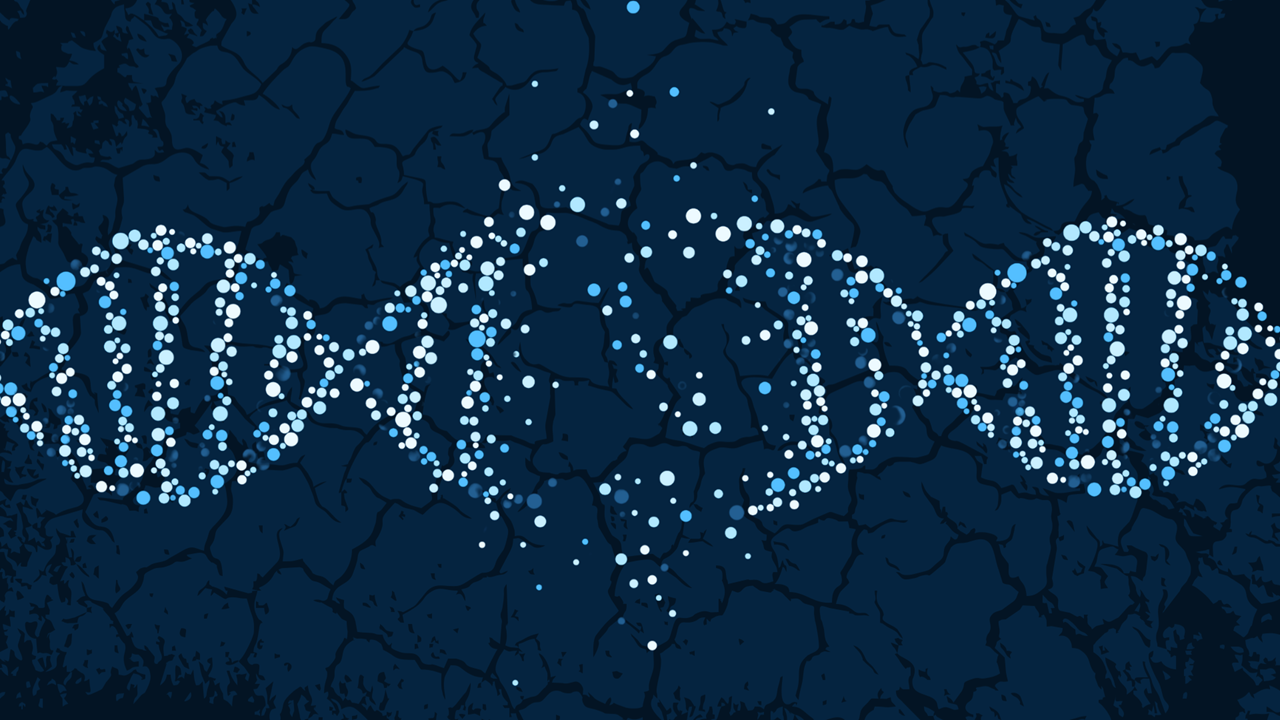
Research project This multidisciplinary complexity center aims to unveil universal principles and adaptive mechanisms in living systems under stress.
Stress Response Modeling at IceLab is a multidisciplinary complexity center formed to unveil universal principles and adaptive mechanisms in living systems under stress, which explain conditions for the emergence of stability, resilience and resistance in contrast with multiple states, critical transitions and tipping points.
Stress Response Modeling at IceLab is a multidisciplinary complexity center formed to unveil universal principles and adaptive mechanisms in living systems under stress, which explain conditions for the emergence of stability, resilience and resistance in contrast with multiple states, critical transitions and tipping points.
A multidisciplinary complexity center for research questions about how living systems respond to stress. Examples of systems include the accelerating loss of biodiversity, the decline in crop productivity, and the increase in antibiotic resistance.
With Martin Rosvall.
We conduct research across three pillars: 1) system-specific empirical knowledge shared across organizational scales of study systems, 2) network analysis with new inference tools for predictions and mechanistic hypotheses, and 3) dynamical systems modeling explaining how those systems drive or inhibit critical transitions.
Funded by a Swedish Research Council center of research excellence grant, Stress Response Modeling at IceLab includes recruitment possibilities, a graduate research school, activities and conferences.
Researchers from physics, biology, mathematics and ecology met in Abisko to discuss adaptive mechanisms.
Key protein helps bacteria survive in the body and points to strategies for fighting persistent infections.